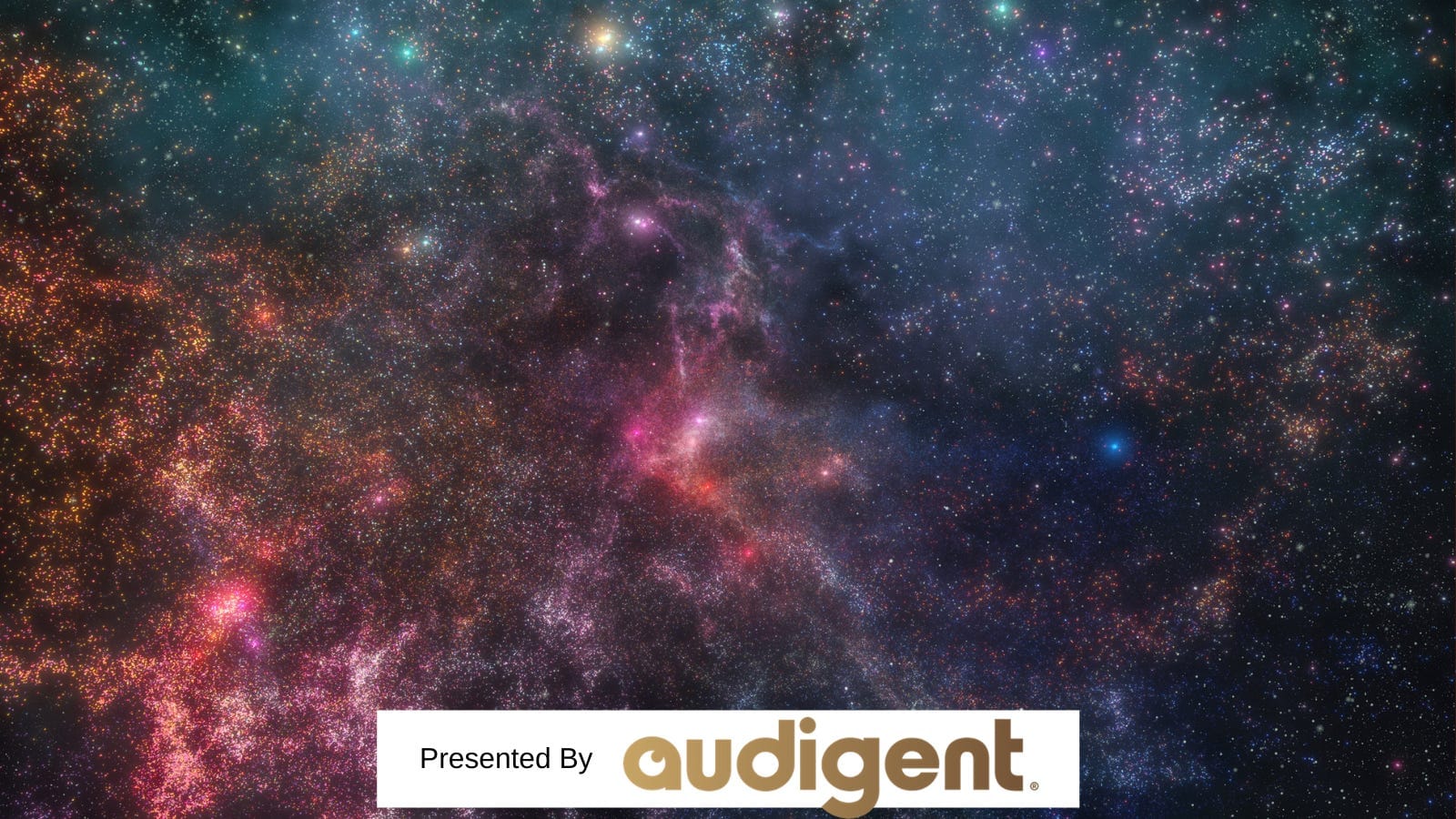Peak news
Spending less time on news is bad for publishers but good for society

It’s nearly expected these days for upstart news publications to declare, in some form, that news is “broken.” That was the pitch Axios made in 2015, as CEO Jim VandeHei memorably lamented the “crap trap” of lightweight, inconsequential “content” produced as sacrifices to the algorithmic gods. A version of this has been deployed more recently, including by Justin Smith to describe the impetus of starting a new global news operation. Similarly, Grid identified an audience that “wants a deeper, clearer understanding of the world around them, regardless of their political orientation.”
Consider other signs that news is out of favor:
- Facebook is running from news, officially dropping “news” from the Newsfeed in favor of just feed.
- The New York Times, arguably the most successful news company in the world, is seeing more growth from non-news subscription products than its news product. No surprise that it bought Wordle to shore up its gaming ambitions.
- News consumption has declined significantly, according to an Axios analysis from last year.
- The percentage of respondents who say they’re extremely or very interested in news fell by 17% among U.S.respondents who identify as conservatives, according to the Reuters Institute.
- Americans have a 5x gap between their satisfaction with their own lives and their satisfaction with the direction of the country.
This is a conundrum. On the one hand, there is a severe lack of news at the local level, as newspapers continue to shrink and the hodgepodge of nonprofits, billionaire hobbies and startups fail so far to fill the void. Employment of journalists is down. And yet the pandemic, along with the machinations of the Trump presidency, was an unprecedented boon for news publishers. Consumption soared, along with advertising, and paying for subscriptions became a normal behavior. As one digital media executive pointed out to me this week, it used to be hard to pay for things on the internet, and it’s now incredibly easy and efficient. That allowed news publishers to emerge from the pandemic in far better shape than imagined.
But after every party comes the hangover. The frayed nerves of the pandemic are not going to be repaired easily, and the uncertainty of a once-in-a-century global pandemic drove plenty of doomscrolling. The promise of the internet was to make information freely available, presumably leading to a greater understanding of the world more broadly throughout society. The notion of making news free and instead relying on advertising turned out to be a bad bet. Attaching the fortunes of news companies to algorithmic distribution platforms created perverse incentives that skewed news in a sensationalist direction, feeding either biases or anxieties. Finally, the news industry has too often been pulled into our tribal wars of politics, with many subscription publishers choosing, consciously or not, to cater to audience biases versus challenge them with differing viewpoints. News sites these days should carry warnings that spending too much time will cause spikes in fear, anger, anxiety, distrust and disillusionment. That’s contributing more to a mental health crisis than a healthy society,
Like most industries, the news industry suffers from a bias to produce more. Models dependent on advertising require pageviews, which are frequently best produced by producing more. Subscription models are often premised on “unlimited access,” although as Jack Marshall points out this is often a losing value proposition compared to offering “scarcity, efficiency and concentrated value.”
Add it all together, there’s a case to be made that there is simply too much news, particularly related to politics. Civic engagement is important, yet little of what passes for political news is having that impact. The food fights in Washington have spilled over to mask mandates and vaccines. In the name of fighting misinformation, many in the news industry have aligned with the view that some viewpoints are simply too dangerous to be heard, even if very few of the people decrying Joe Rogan regularly listen to the show. That Twitter had to add a disclaimer to encourage people to read articles before retweeting them says a lot about the role news plays in the fighting pits of the bird app. News has become another weapon in the culture wars. Most times people open up Twitter to catch up on the news, they’d be better served going for a walk.
I’ve started to come around to the belief that limiting news consumption makes people happier. A study in Europe found that “higher media consumption did not seem to help so much to well-being and happiness, especially TV and social networks.” In 2018, the American Psychological Association found that concerns about the nation’s future was causing as much personal stress as household finances. I know family gatherings without discussions of “news” – that’s code for politics – are more enjoyable. The bracing experience of plowing through the various catastrophes detailed on The Atlantic is enough to make anyone want to go back to bed. It’s little wonder The New York Times has created a team to find “innovative ways of deepening our audience’s trust in our mission and in the credibility of our journalism, no matter where it is encountered.”
The end of the Omicron surge will yet again thrust people into a new phase of the pandemic era. News publishers would do well to prepare for behavioral shifts away from the anxiety rush of catastrophism to a new focus.
Address specific needs. Dmitry Shishkin, formerly of the BBC, encourages the use of an “audience needs” framework to work backwards from the point of view of the audience. A survey of young people from the News Media Alliance drives this point home, as respondents indicate they want more help navigating finance, health, wellness and career.
Mitigate bad news bias. The world is never as bad as it appears in the news. There are problems in this world, but the bad news bias is grinding people down. By its nature, news thrives on conflict, but too often this lapses in the cynical view of the human condition. There’s the need for some measure of optimism.
Challenge assumptions. The pivot to subscriptions has led to sturdier business models. It has also led many publications to hew closely to the biases of their subscribers. After all, the customer is always right. Yet a user needs assessment from The Atlantic indicated a key stated need is for assumptions to be challenged.
Find the middle ground. Newsrooms have never been more fraught, and journalism has traded the downsides of the both-sides-ism for an activist streak. This changes the nature of reporting from informing to persuading. Many of the problems confronting the world – climate change, inequality, moving past the pandemic – are nuanced, complex and full of tradeoffs. They aren’t well-served by an us-against-them approach.
Go narrow and deep. As the amount of raw information rises, the value of it falls, but the value of insights rises. General news has been commoditized. The reaction to this, particularly on cable news but also in news publishers, has been more emphasis on personality and opinion. The bigger opportunity comes in expertise.


Publishers need new, more viable ways to scale ad campaigns. Fortunately, Audigent's unique approach takes the burden off of publisher teams and enables turnkey extension into every real-time bidding format, including connected TV, programmatic audio and native. Publishers can now leverage their first-party data into these formats and bring scaled, new programs to their advertisers, moving away from open exchange and into curated deals. With 18-plus supply-side platform relationships, publishers can use Audigent to power and optimize audience extension in entirely new ways. See why top publishers like PMC, Fandom and more are already working with Audigent.

5 things to check out
Building an online audience used to be step 1 to an ad business, but more often it’s now entree to commerce. Shira Ovide profiles Linus Sebastien’s “mini-YouTube empire” that’s grown to 65 employees and a diversified business model in which ads are half of revenue and commerce is a third.
Lonely Planet, now owned by Red Ventures, is looking to skip the middleman and book trips directly. The guidebook publisher has purchased travel service Elsewhere, which links up travelers with local guides. This is out of the Red playbook, which typically uses media to drive transactions as is the case with Bankrate, Cnet and The Points Guy
The Financial Times is introducing a pared down news app. The FT Edit app will give users access to eight stories a day at a far lower price point than the pricey $375 to $629 per year. More publishers will follow this path to draw in more casual readers with greater price sensitivity, much like The Economist does with its Espresso app.
Google’s search engine was always the unique exception where the advertising was arguably beneficial to users. No longer. Anyone using search these days needs to scroll through tons of ads before finding what they searched for. DKB posits that a canary in the coal mine of Google’s demise is the rise of Reddit as people look to hack Google to find information more easily. The Mayo Game is everywhere.
Get ready for awkwardness as brands make their forays into the metaverse. I tried to visit the Miller-Lite virtual bar in Decentraland and found my avatar confronted by a bouncer asking for ID. JP Morgan, of all companies, has set up shop with a bizarre lounge. This should be a repeat of the early web’s obsession with brand microsites and then the unfortunate marketing efforts in Web 2.0 that included a Pepperidge Farms social network. Agencies should make plenty of money for little actual results. As I was once told at the time, “It’s a lot like watching your dad dance at a disco.”




